The Missouribar – 2020 Consumer Electronics & the IoT (Internet of Things): The Next Wave of Digital Evidence in Claims & Litigation
$90.00 Original price was: $90.00.$22.00Current price is: $22.00.
[Instant Download] – You will receive instant download access after the purchase
- Practice Area:
- Civil Practice & Procedure | Criminal | Litigation / Trial Practice
- Format:
- Audio and Video
Description
Self-study does NOT qualify for Kansas credit.
Our world is becoming increasingly hyper-connected. The objective of the Internet of things is for everything to communicate and interface with everything. From wearable technology and smart home assistants, to Internet connected medical ingestibles and social credit scores, more data is being collected about us than ever, and this data can and is being used in litigation.
This class will explain how this data is collected from the Internet of things devices, and the places that they store data such as the cloud, cell phones, and computers. Cases involving Internet of things devices such as digital pacemakers, fitness wearables, and smart home assistants will be discussed, with an eye to the future of how this data will become more prevalent and pervasive.Description
Key Points:
- The Evolution of the Internet of Things (IoT) from its beginning to today (and why it matters)
- The types of evidence contained in consumer electronics that are connected to the IoT
- How this evidence can be forensically collected and utilized in cases
- Security considerations and cutting edge analysis techniques on IoT devices
- Case examples where IoT devices played a critical role
Speaker: Lars Daniel, Practice Leader of Digital Forensics, Envista Forensics
Note: This material qualifies for self-study credit only. Pursuant to Regulation 15.04.5, a lawyer may receive up to six hours of self-study credit in a reporting year. Self-study programs do not qualify for ethics, elimination of bias or Kansas credit.
Materials
| Consumer Electronics & the IoT (Internet of Things) Presentation (4.7 MB) | Available after Purchase | ||
| Consumer Electronics Summary (110.9 KB) | Available after Purchase | ||
| Faculty Bios (49.2 KB) | Available after Purchase | ||
| MOLAP Information (215 KB) | Available after Purchase |
Faculty

Lars Daniel Related seminars and products: 1
Guardian Digital Forensics
Lars is the co-author of the book Digital Forensics for Legal Professionals: Understanding Digital Evidence from the Warrant to the Courtroom, published by Syngess, an imprint of Elsevier Publishing. He is also co-author of the book Digital Forensics Trial Graphics: Educating the Jury Through Effective Use of Visuals", Published by Academic Press, 2017.
Lars is an EnCase Certified Examiner (EnCE), a Cellebrite Certified Operator (CCO), a Cellebrite Certified Physical Analyst (CCPA), a Certified Telecommunications Network Specialist (CTNS), Certified Wireless Analyst (CWA), a Certified Internet Protocol Telecommunications Specialist (CIPTS), and a Certified Telecommunications Analyst (CTA).
He spoke at the largest annual digital forensics conference, the Computer Enterprise and Investigations Conference (CEIC), in 2011 and 2013, and the EnFuse Conference in 2016 and 2019.
Lars has qualified as an expert witness and testified in both state and federal courts, qualifying as a digital forensics expert, computer forensics expert, cell phone forensics expert, video forensics expert, and a photo forensics expert. He has testified for both the defense and prosecution.
Lars has attended over 300 hours of forensic training and has worked on over 700 cases involving murder, sexual exploitation, terrorism, rape, kidnapping, intellectual property, fraud, wrongful death, employee wrongdoing and insurance losses among numerous other types of cases.
He provides dozens of Continuing Legal Education (CLE) and Continuing Education (CE) training classes for attorneys and claims professionals across the United States every year.
Delivery Method
– After your purchase, you’ll see a View your orders link which goes to the Downloads page. Here, you can download all the files associated with your order.
– Downloads are available once your payment is confirmed, we’ll also send you a download notification email separate from any transaction notification emails you receive from IMC.sale.
– Since it is a digital copy, our suggestion is to download and save it to your hard drive. In case the link is broken for any reason, please contact us and we will resend the new download link.
– If you cannot find the download link, please don’t worry about that. We will update and notify you as soon as possible at 8:00 AM – 8:00 PM (UTC+8).
Thank You For Shopping With Us!

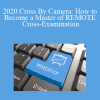

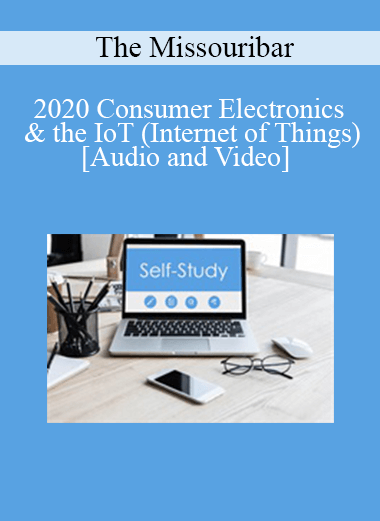
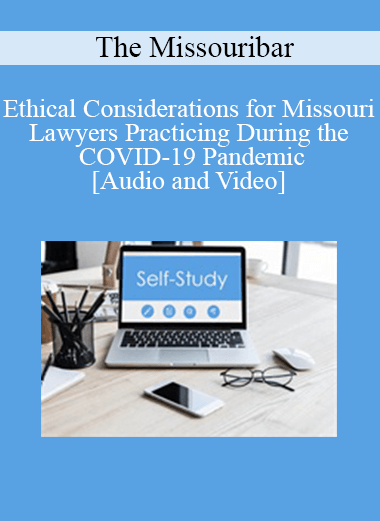
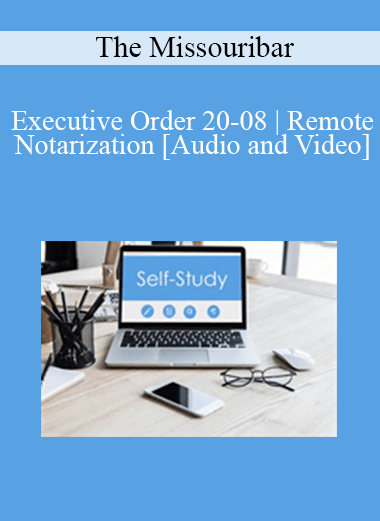
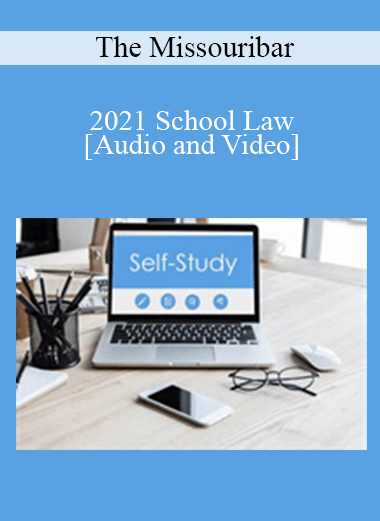
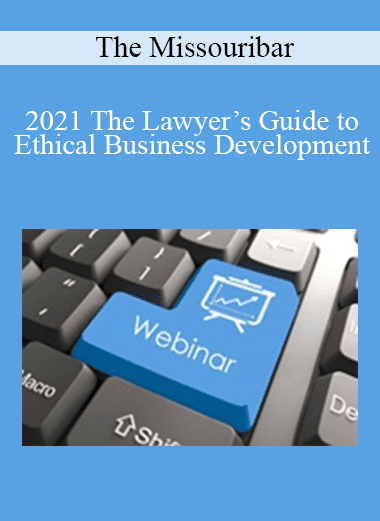


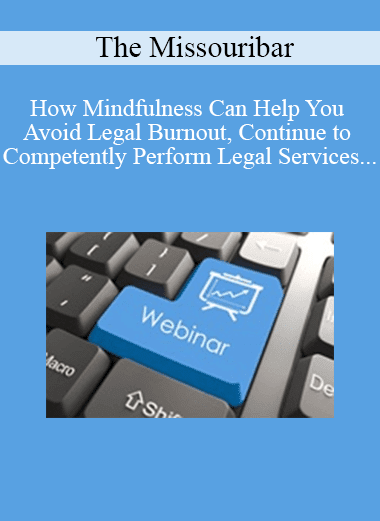
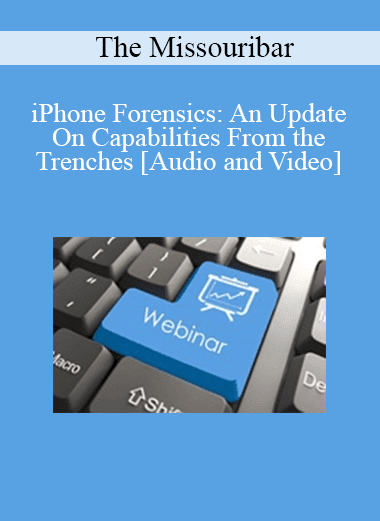
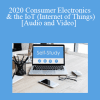
7 reviews for The Missouribar – 2020 Consumer Electronics & the IoT (Internet of Things): The Next Wave of Digital Evidence in Claims & Litigation
There are no reviews yet.